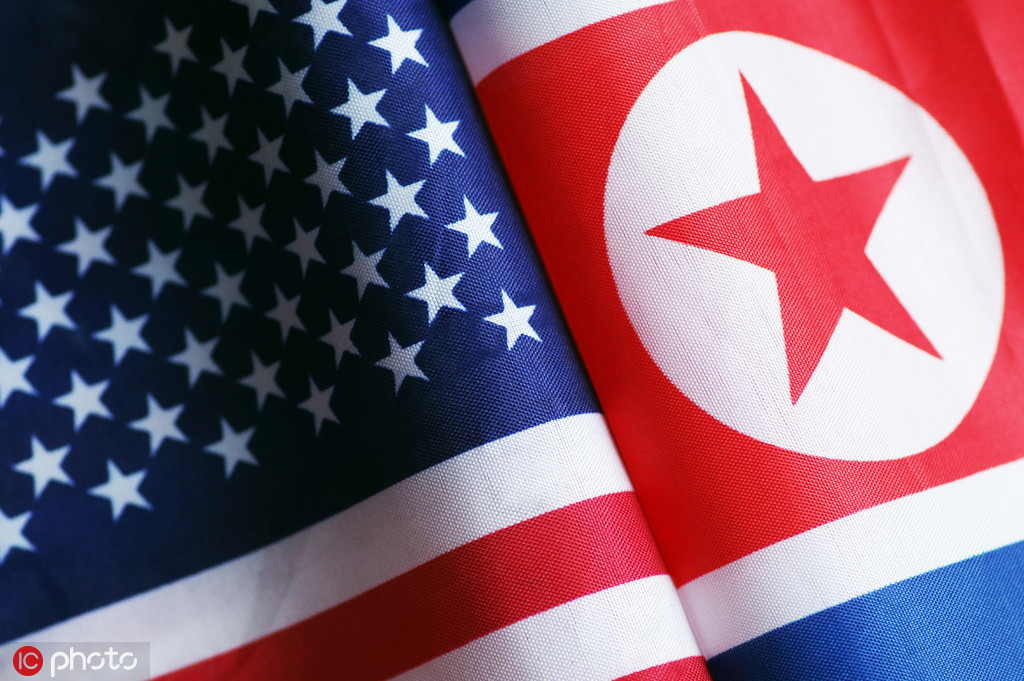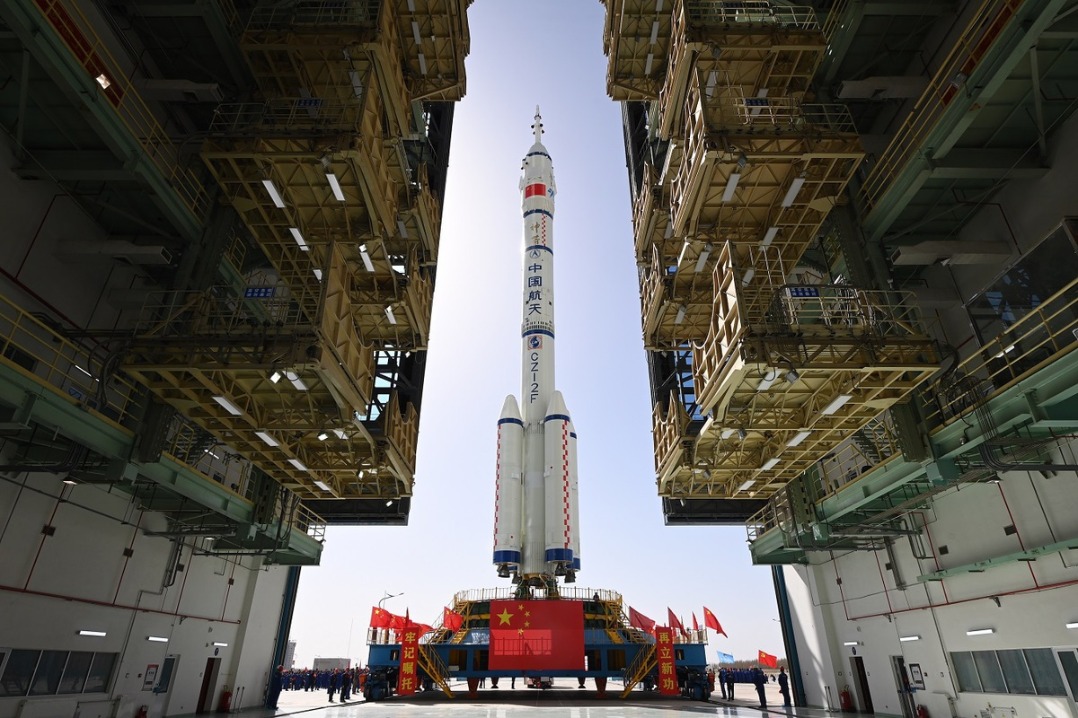China's envoy to UN calls for peninsula calm
By HONG XIAO at the United Nations | China Daily Global | Updated: 2019-12-13 00:31

China's envoy to the United Nations, in addressing renewed political tensions over the Korean Peninsula, said it is crucial "to maintain the international consensus and momentum for a political solution" and to "support and urge the United States and the DPRK to move toward each other, and do everything we can to head off a dramatic reversal of the peninsula's situation".
Zhang Jun, China's permanent representative to the UN, spoke Wednesday at a Security Council meeting at UN headquarters in New York.
He reiterated that China has been consistent in its commitment to denuclearization of the Korean Peninsula, to the maintenance of its peace and stability, and to the settlement of issues through dialogue and consultation.
"Approaching the matter with a responsible attitude, China has been playing a constructive role by maintaining close communication and coordination with the parties concerned and encouraging peace talks between them," he said.
Security Council members were briefed on the peninsula situation by Mohamed Khaled Khiari, UN assistant secretary-general for the Middle East, Asia and the Pacific.
He expressed concern that there was a resumption of missile tests by the Democratic People's Republic of Korea, which included the launch of two projectiles on Nov 28, and the announcement of a test that some analysts believe was designed to advance North Korea's nuclear program, according to UN News.
Zhang said that since the beginning of 2018, thanks to the concerted efforts of the parties concerned, there have been "positive changes in the situation on the Korean Peninsula", and the peninsula issue has been "steered back to the right track toward a negotiated solution through dialogue".
Earlier this year, the DPRK and the United States held leaders' meetings in Hanoi, Vietnam, and Panmunjom, North Korea, as well as working-level consultations in Stockholm, which Zhang said are positive for greater mutual understanding.
The DPRK had made good on its promise to suspend nuclear tests and intercontinental ballistic missile (ICBM) test launches and declared on numerous occasions its commitment to the denuclearization of the peninsula.
However, the situation has taken a negative turn lately, which led to renewed tensions between the DPRK and the US, bringing the peninsula to another critical juncture.
Zhang said that details about the DPRK's test on Dec 7 have yet to be established and called on the council not to jump to hasty conclusions.
He pointed out that the DPRK has taken positive initiatives on denuclearization, but its legitimate concerns and aspirations for security and development have not been given due acknowledgement commensurate with those efforts and remain unresolved.
"This is an important reason behind the current deadlock in dialogue and the tensing up of the situation," Zhang said.
The DPRK and the United States, as the main parties in the peninsula issue, "should cherish the hard-won easing of the peninsula's situation achieved through dialogue and work together in a practical effort to achieve the denuclearization of, and lasting peace on, the Korean Peninsula", he said.
Zhang said the two parties, "especially the United States, should take on board and respect each other's concerns in good faith and genuinely demonstrate flexibility and goodwill".
He called on the two parties to act on the consensus of the Singapore Joint Statement and, by taking a phased and synchronized approach, break the deadlock and resume dialogue and engagement as soon as possible, to prevent the dialogue process from "derailing" or "backpedaling".
"Sanctions are just a means to an end, not an end in itself," he said. "Enforcing the sanctions is required by council resolutions; pushing for a political solution is also required by council resolutions," he added.
On implementing council resolutions on the DPRK, Zhang said China has "unfailingly and conscientiously performed its international obligations and sustained huge losses and tremendous pressures in the process".
After the meeting, Zhang met with Chinese and foreign media, calling on the international community, in particular the main parties to the peninsula issue, to take an objective and impartial position, act in the service of long-term interests and the greater good, and make more efforts that contribute to the relaxation of the situation, to DPRK-US dialogue and consultation, and to the peninsula's political process, so that the peninsula will not be plunged once again into tensions and confrontations.























